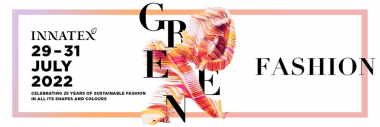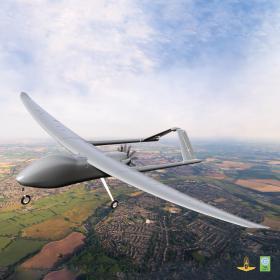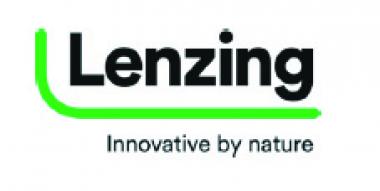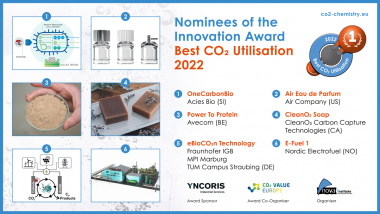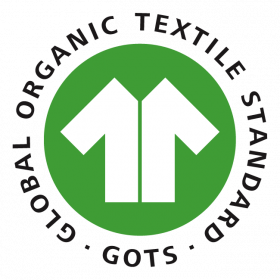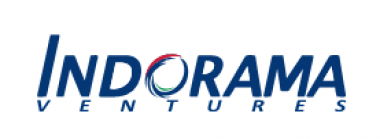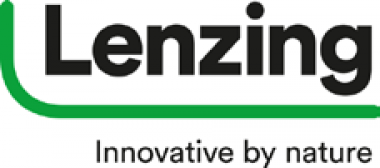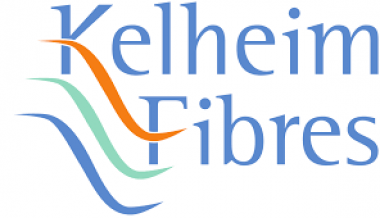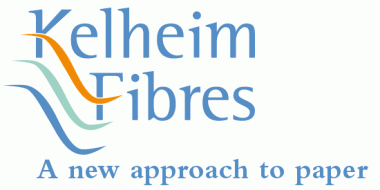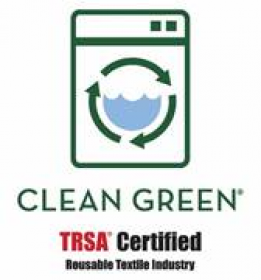INNATEX: Countdown to 50th international trade fair for sustainable textiles
The 50th INNATEX fair opens its gates to a Green Fashion trade audience from 29 to 31 July 2022 in Hofheim-Wallau, near Frankfurt. At this anniversary fair, over 200 labels will be exhibiting, a wide range of experts and organisations will be gathering, and elaborate features and facilities are planned for the Rhein-Main exhibition centre.
According to INNATEX project manager Alexander Hitzel, one highlight is the Community Area, which brings together a range of experts. In short lounge talks, they reveal insights into what they are currently working on and a dialogue format encourages personal discussion. Mirjam Smend, whom we know well from Greenstyle Munich, introduces her recently launched sustainability magazine, Pureviu, and facilitates the morning talks.
Alongside standard bodies such as IVN and GOTS, which have taken part in INNATEX for many years, younger projects such as Fairmodel and the digital platform Retraced will be part of this special area. Fairtrade Germany, Femnet and the VDMD are to be found there too. Almost all of them are joining in with the Ask Me Anything dialouge format. Interested attendees can pre-book a slot of up to ten minutes for a personal discussion with the expert of their choice.
The supportive activities that had to be suspended during the pandemic are enjoying a comeback at this year’s summer fair: five newcomers to INNATEX designated DesignDiscoveries will be presenting their projects in another special area. Vegtus, from Barcelona, produces sneakers and other products from cactus leather. Natural textiles such as organic cotton are used by Lounge Cherie, a yoga fashion label.
Products for kids through to seniors, classics and streetwear, footwear and accessories
Nordlicht similarly relies on recyclable, renewable natural fibres for its outerwear, bags and accessories. The field of circular fashion is also served by the remaining two Design Discoveries. Both Nature is Future, with its handmade sneakers, and Freibeutler, with its functional rucksacks, make extensive use of recycled materials, while also paying due attention to broader sustainability aspects.
Regular INNATEX exhibitors include Lana, Chapati and Didymos, all of whom are also celebrating anniversaries. Labels such as Anokho with their colourful accessories in jacquard fabrics and Danish label Angel Circle with its plus-size fashion are exhibiting for the first time.
INNATEX / UBERMUT GbR


